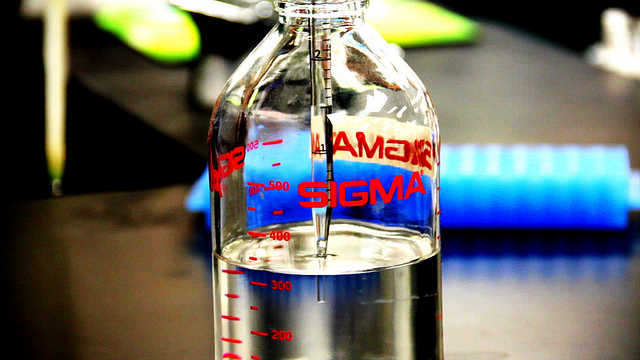Cornucopia’s Take: The innocuously named industry think tank, Information Technology and Innovation Foundation (ITIF), has filed a Citizen Petition [PDF] with the FDA to request a prohibition on use of Non-GMO labeling on food. ITIF stops short of declaring all GMOs safe in their petition, but they do argue that there is no scientific difference between genetic engineering and conventional breeding. This opinion is not shared by the World Trade Organization. GMO products must be assessed for safety before they can be marketed (those assessments are generally made by the company seeking to sell the GMO product, but that issue is for another day).
The ITIF petition is spearheaded by Dr. Luther Val Giddings, who has spent the last 30 years immersed in “science and regulatory policy relating to biotechnology innovations in agriculture and biomedicine.” Giddings spent nine years working for the Biotechnology Industry Organization (BIO). According to 2014 and 2015 tax records, BIO has funded ITIF, a supposedly “independent 501(c)(3) nonprofit, nonpartisan research and educational institute,” in the past.
Petition filed by ITIF over false claims levied by Non-GMO Project
Wisconsin State Farmer
by ITIF
 |
To counter false claims and allegations by the Non-GMO Project butterfly campaign, the Information Technology and Innovation Foundation (ITIF), the world’s top-ranked science and technology policy think tank, filed a Citizen Petition to the Commissioner of Food and Drugs calling on the Food and Drug Administration (FDA) to issue a regulation prohibiting the use of the term “Non-GMO” on consumer foods and goods and requiring distributors to omit any “Non-GMO” term or claims on their labeling.
“The ‘Non-GMO’ Project butterfly campaign deceives consumers through false and misleading claims about foods, food ingredients and their health and safety characteristics,” said ITIF Senior Fellow Val Giddings, who is leading the petition. “The campaign constitutes misbranding under the law, and the FDA should act in the best interest of consumers and protect them, as the law demands, against the confusion spread by these false claims.”
According to the Citizen Petition, the Non-GMO Project presumes the existence of a class of foods, “GMO,” that is arbitrary, has no basis in science, and is intrinsically misleading.
The Citizen Petition highlights the following statements of grounds:
- The Non-GMO Project butterfly logo wrongly stigmatizes the so-called “GMOs” and, in doing so, misleads consumers
- The Non-GMO Project makes false claims about food health and safety that are conveyed by the butterfly logo to misbrand foods and mislead consumers
- The Non-GMO Project makes false claims about the science of “GMO” safety and, in doing so, misleads consumers
- The Food Drug and Cosmetic Act prohibits labels that are “false or misleading in any particular,” and the butterfly logo is false and misleading on multiple grounds such that foods carrying it are misbranded.
Some food companies have resorted to placing non-GMO labels on products for which no genetically modified version exists. “The Non-GMO Project falsely implies that what happens randomly in nature is safer than what humans do deliberately, with care and foresight. Consumers deserve the truth about their food, and whether or not it has been bioengineered or otherwise improved by humans says absolutely nothing about the safety of the resulting product,” Giddings added.

